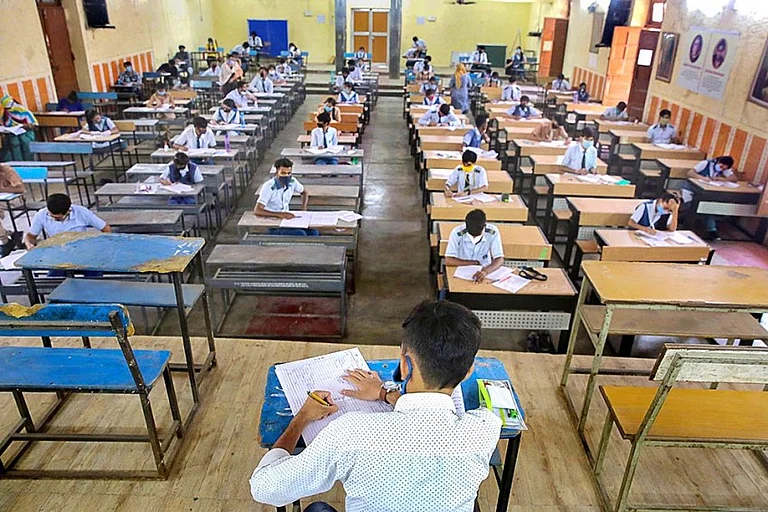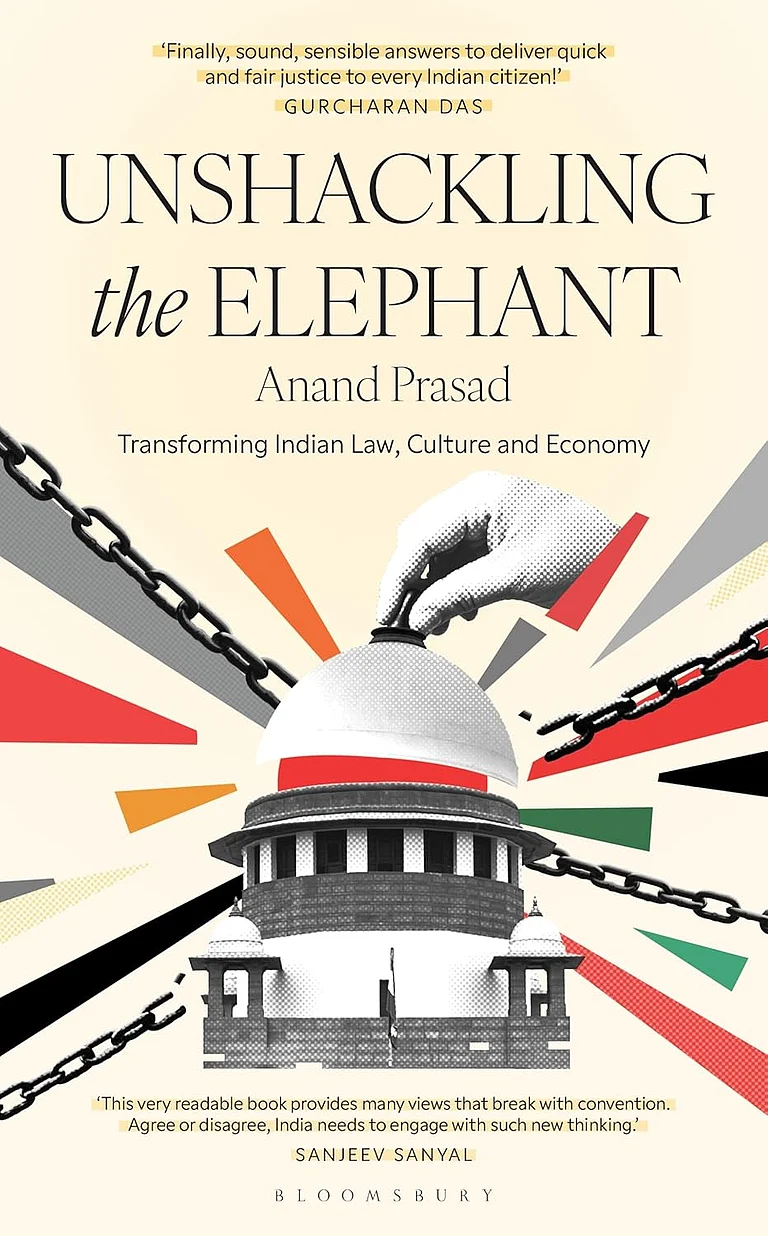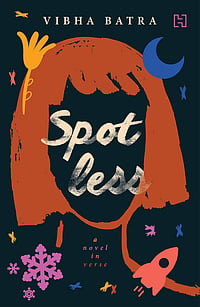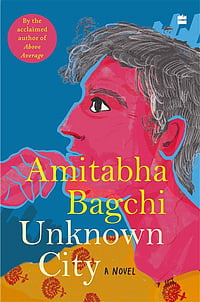The Long Strider in Jehangir’s Hindustan
Written by: Dom Moraes, Sarayu Srivatsa
Published by: Speaking Tiger
MRP: Rs 499
Thomas Coryate, an acquaintance of Ben Jonson and John Donne, a frequenter of the Mermaid Tavern and part of the club of extraordinary men who met there. Yet Coryate, in himself was far from extraordinary except for one thing – his determination to walk. Wherever he went, no matter how far, his long strides took him there. This was even more extraordinary because Coryate was almost a dwarf barring his long legs.
At the time Dom Moraes and Sarayu Srivatsa start their collective opus, 385 years later, Coryate has returned from his walks across Europe, written a book which created a minor stir and is determined to walk across the Indies and meet the Mughal Emperor Jehangir which will crown his fame among the members of the Mermaid Tavern and in Prince Henry’s court.
The quest for information about Coryate begins in Odcombe the little Somerset village to which the man belonged. Moraes and Srivatsa have divided their joint responsibilities regarding the crafting of their book very adeptly. Moraes writes about Coryate’s life and times in the third person with an all-encompassing perspective that covers Coryate’s thoughts, his encounters with different people and even his one single amour with a noted beauty which leaves him a mooncalf. That portion of the Long Strider reads like a historical novel more detailed than mere research would account for which it has to be since all Moraes had to work with was the sketchy skeleton that survived Coryate. Srivatsa on the other hand records how she and Moraes and their irrepressible and annoying researcher, Juzer, delved into Coryate’s journeys in India. Her part of the book is an entertaining, poetic travelogue with descriptions of the things that they encountered and her own brushes with pujaris and temples, being the only Hindu in the group.
Gradually, as they traverse the cities that Coryate mentioned in the few pages of notes that eventually did reach England – to be published in an anthology in 1625, well after his death, issues like problems with finance for the book and Moraes’ failing health begin to creep in. These match Coryate’s experiences in many cases since Coryate himself had only a few shillings to cover his 500-mile journey, barring passage money from a sponsor and while beginning with hope, his journey gradually begins to include his rapidly failing health at a time when there were no remedies for blood dysentery. Coryate realises his dream of fame and fortune through his published memoirs will never come true and surrenders to fate.
For Coryate, India and its contrasts of people and nature were all too new to him. His brushes with a concubine buried alive and sati are relevantly gruesome and also illustrate the ambition of the British – Sir Thomas Roe, the English envoy to Jehangir allows the concubine to be brought to the English compound to be executed to curry favour with the Emperor with an eye on future mercantile gain. India was overrun by scamsters, many of them from the British ranks. Moraes and Srivatsa encounter touts galore as they explore temples and search for Coryate’s tomb trying to recreate his crisscross journey across north India. Moraes writes in the Preface: “We would speculate that the people were better off then than now. Today, communalism and consumerism affect too much of the population.” However, most of the people they meet would probably have been very similar to the ones Coryate ran into since certain things in Hindustan don’t change.
The result is a book that contrasts styles while providing matched experiences or as matched as they can be given the centuries separating the travellers and the bare bones of information that they had to work with, fleshed out where possible from locals and scholars. Details of Moraes and Srivatsa’s trips to Agra, Ajmer, Delhi, Varanasi and Mandu with Moraes fighting the cancer he has been diagnosed with while Coryate’s life trickles out are particularly effective. The book ends appropriately in Odcombe and the church where Coryate had hung up his boots. If there is a glitch it is the fact that most people will refer to the book as ‘The Long Strider’ and forget the rest of the title.






















